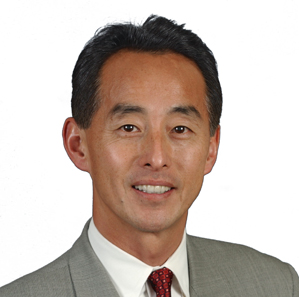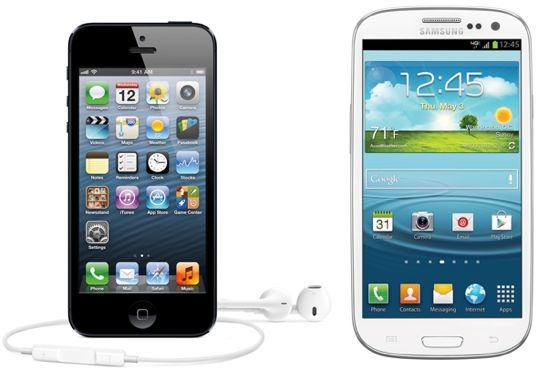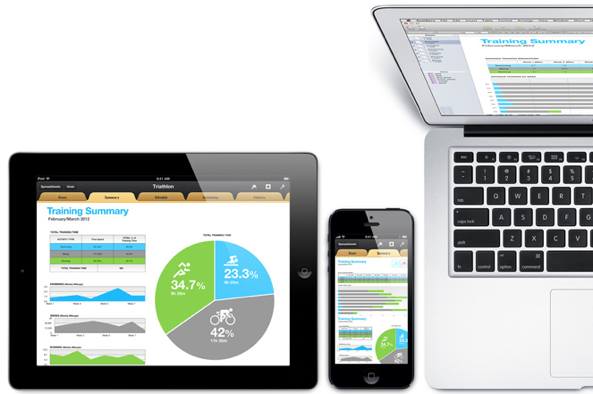Young Sohn is Samsung’s chief strategy office. By virtue of his position, the executive is privy to the South Korea conglomerate’s market strategy, future products and business dealings.
It goes without saying we were a little shocked (positively) learning that he also happens to be an Apple user, and by choice, too.
His entire household is full of Apple devices and Sohn had no problem admitting that, in his view, Apple designs the world’s most-integrated devices. He also praises Cupertino firm’s iCloud service and the iTunes ecosystem as he also happens to be a great believer in worry-free computing…
Here’s an interesting excerpt from the MIT Technology Review interview:
OK, so think about Apple compared to Samsung. I use a Mac, actually, at home. I’ve always used Mac, an iPhone, and an iPad. I also have the Galaxy. So I’m a great example.
Of course, he doesn’t carry his Apple devices to work.
At work I’m using Samsung devices; Apple at home, mainly because all of my systems and files are done that way. That’s sticky, you know? However, I did figure out how to sync all of my contacts and all of my schedules between the two different systems. You can do it. It’s a bit of work, but it is possible.
So, what’s the best thing about being an Apple user?
If you look at the strengths of Apple, in a way it’s not the product per se. It’s that consumers like their ecosystem such as iCloud. I like that my family 6,000 miles away in Korea is able to see my schedule and see all of my contacts and photos. It is sticky, but it is a proprietary architecture.
Though he expectedly prefers his Galaxy S III over an iPhone, the executive acknowledges that “the connected ecosystem is really critical”.
If you look at the strengths of Apple, in a way it’s not the product per se. It’s that consumers like their ecosystem such as iCloud. I like that my family 6,000 miles away in Korea is able to see my schedule and see all of my contacts and photos. It is sticky, but it is a proprietary architecture.
The key difference between Apple’s and Samsung’s go-to market strategy. In Sohn’s mind, Samsung is a device-centric company while Apple is about the entire ecosystem.
I think we have probably the largest platform in the world between the devices and displays and televisions we sell. We actually provide more devices that are interacting with consumers than anyone in the world.
But if you think about our experiences, it’s device-centric. It’s experienced by itself. It’s not experienced in a connected way. So we think we can provide a lot more things than what we are doing today with an open ecosystem with our partners.
He also admits that Samsung is “highly paranoid” because “you are only as good as your latest product”. Samsung, of course, is not just about smartphones and tablets, though mobile gadgets represented nearly half the profits Samsung Electronics filed for the September quarter.
He also responded when asked to comment on the strained Apple-Samsung relationship:
We see Apple as a very innovative company. They are a customer of ours, and they are a competitor of ours. But there are 6,000 startups here. When you look at where venture capital dollars are spent, more than half are spent right here, globally. That’s what makes this area really interesting for us.
It’s nice to hear a voice of reason for a change.
Regardless of the camp you belong to, both frenemies produce some popular and compelling gadgets and there’s no reason to get worked up over how each of us spend our hard-earned money, no?


